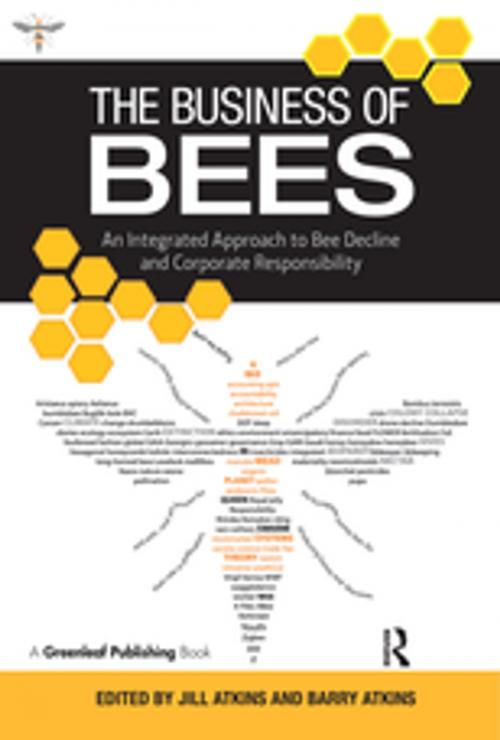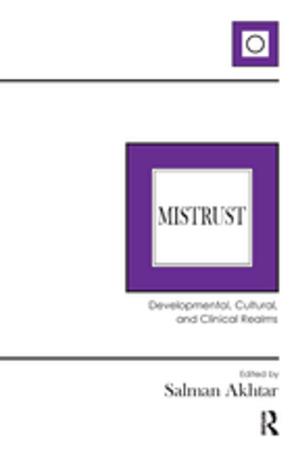The Business of Bees
An Integrated Approach to Bee Decline and Corporate Responsibility
Business & Finance, Economics, Sustainable Development, Business Reference, Business Ethics| Author: | ISBN: | 9781351283908 | |
| Publisher: | Taylor and Francis | Publication: | September 8, 2017 |
| Imprint: | Routledge | Language: | English |
| Author: | |
| ISBN: | 9781351283908 |
| Publisher: | Taylor and Francis |
| Publication: | September 8, 2017 |
| Imprint: | Routledge |
| Language: | English |
Our bee populations are under threat. Over the past 60 years, they have lost much of their natural habitat and are under assault from pesticides and intensive farming. We rely on bees and other insects to pollinate our fruit and vegetables and, without them, our environment and economy will be in crisis.The Business of Bees provides the first integrated account of diminishing bee populations, as well as other pollinators, from an interdisciplinary perspective. It explores the role of corporate responsibility and governance as they relate to this critical issue and examines what the impact will be on consumers, companies, stock markets and ultimately on global society if bee populations continue to decline at a dangerous rate.The book considers the issue of global bee population decline from a variety of disciplines, combining the perspectives of academics in accounting, science and humanities with those of practitioners in the finance industry. The chapters explore the impact of the rapid decline in pollinator populations on the natural world, on corporations, on the stock market and on accounting. The Business of Bees will be essential reading for those in academia, business and finance sectors and anyone invested in the future of our planet.
Our bee populations are under threat. Over the past 60 years, they have lost much of their natural habitat and are under assault from pesticides and intensive farming. We rely on bees and other insects to pollinate our fruit and vegetables and, without them, our environment and economy will be in crisis.The Business of Bees provides the first integrated account of diminishing bee populations, as well as other pollinators, from an interdisciplinary perspective. It explores the role of corporate responsibility and governance as they relate to this critical issue and examines what the impact will be on consumers, companies, stock markets and ultimately on global society if bee populations continue to decline at a dangerous rate.The book considers the issue of global bee population decline from a variety of disciplines, combining the perspectives of academics in accounting, science and humanities with those of practitioners in the finance industry. The chapters explore the impact of the rapid decline in pollinator populations on the natural world, on corporations, on the stock market and on accounting. The Business of Bees will be essential reading for those in academia, business and finance sectors and anyone invested in the future of our planet.















